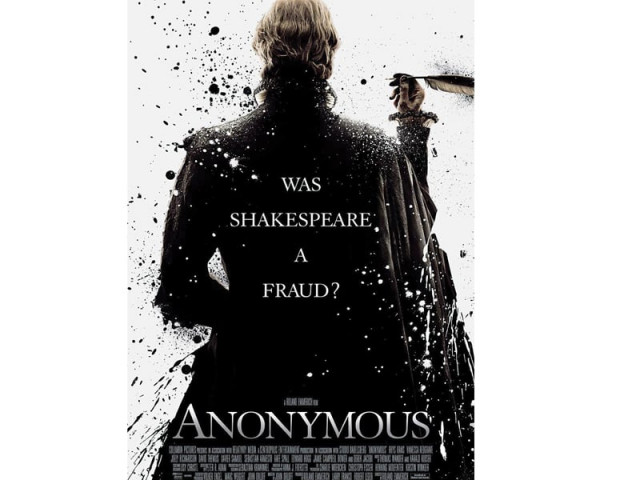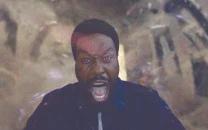Film review: Identity crisis
This film lacks a true depiction of life in the colourful and politically charged 15th century.

The film begins interestingly enough in a theatrical setting with the narrator Derek Jacobi questioning our beliefs on the authenticity of Shakespeare. This ‘what if’ questioning continues from the stage to the period setting of 15th century England, where a very troubled Ben Johnson (Sebastian Armesto) is running away from the King’s men. He holds in his hands, the script for a seditious performance mocking Richard III. As he hurriedly buries the pages in the now scorched Globe Theatre, he is caught.
What begins next is a tortuous and absolutely ridiculous elucidation of the Oxfordian theory. Brought up as a noble by William Cecil (David Thewlis) and given the privileges of a patrician education, the young Edward de Vere (Jamie Campbell Bower) first comes to the attention of the young Queen Elizabeth I (Joely Richardson) through his production of “A Midsummer Night’s Dream” in court.
Forty years later, the Queen (now played by Vanessa Redgrave) is nearing the end of her life, and the question on everyone’s minds is who would succeed her, especially Lord Cecil who has his own designs on the crown. The Earl (now played by Rhys Ifans) has his own strong feelings about the matter and expresses himself by writing dozens of plays, exposing the backstage intrigue of the royal household.
Since theatre and plays are taboo and to admit authorship of a play would demean the Earl’s standing in life, the Earl begins to pass his plays along to Ben Johnson, who promotes them as his own. But when a drunken oaf named William Shakespeare (Rafe Spall) claims authorship of the plays, everything goes haywire.
This film lacks a true depiction of life in the colourful and politically charged 15th century. It allocates most of its time looking at backstage intrigue in the royal court rather than probing the question of the authorship of the Shakespearian plays, which is far more interesting. The movie constantly switches back and forth between the two main periods, making it extremely difficult to keep track of the story and characters.
Published in The Express Tribune, Sunday Magazine, May 20th, 2012.



















COMMENTS
Comments are moderated and generally will be posted if they are on-topic and not abusive.
For more information, please see our Comments FAQ